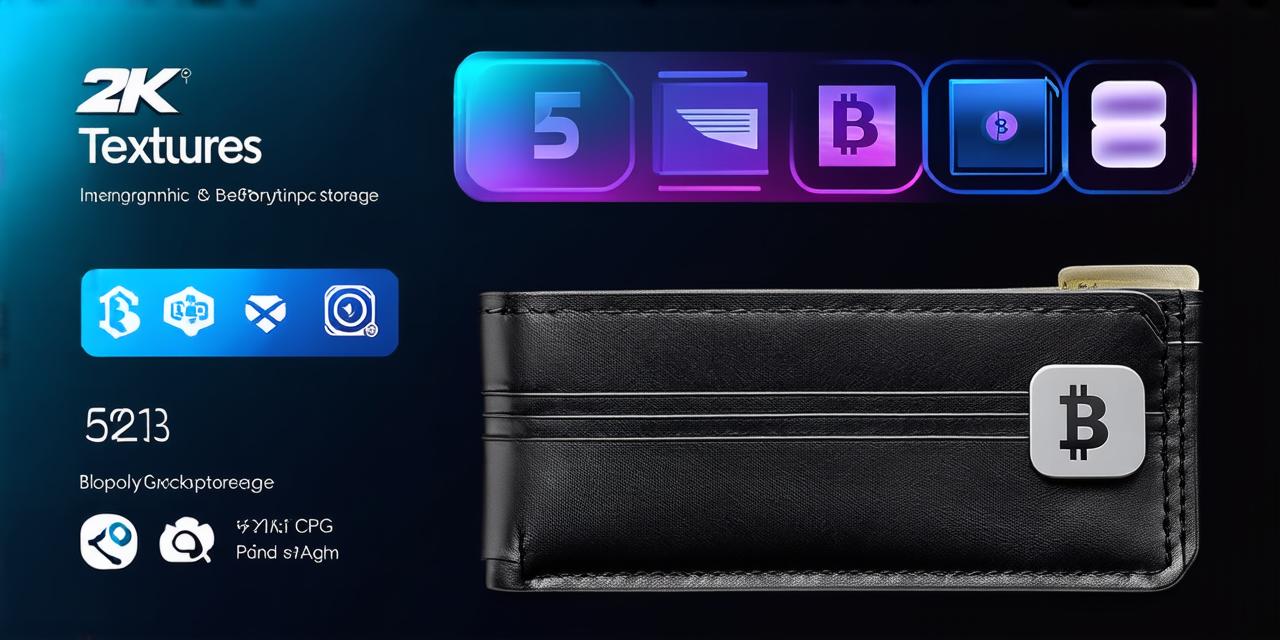What is a wallet in blockchain
Introduction
The term "wallet" has taken on a new meaning in the world of blockchain technology. In the traditional financial sense, a wallet is a device used to store and manage money. However, in the context of blockchain, a wallet serves as a digital storage space for cryptocurrencies.
Types of Blockchain Wallets
There are several types of blockchain wallets available, each with its own unique features and benefits. The most common types are:
- Hot Wallets
A hot wallet is a type of digital wallet that is connected to the internet and allows users to buy, sell, and trade cryptocurrencies. These wallets are typically used for everyday transactions and offer fast transaction speeds and high levels of convenience. However, they also come with higher security risks due to their internet connectivity.2. Cold Wallets
A cold wallet is a type of digital wallet that is not connected to the internet and is therefore more secure than hot wallets. These wallets are typically used for long-term storage of cryptocurrencies and offer greater levels of security. However, they also come with slower transaction speeds and lower levels of convenience compared to hot wallets.
3. Paper Wallets
A paper wallet is a type of digital wallet that is printed on paper and contains a private key and public address. These wallets are typically used for offline transactions and offer the highest level of security among all types of blockchain wallets. However, they also come with lower levels of convenience as users must manually manage their funds.
4. Hardware Wallets
A hardware wallet is a type of digital wallet that is stored on a physical device such as a USB stick or smart card. These wallets are designed to be highly secure and offer the best protection against hacking and theft. They also come with fast transaction speeds and high levels of convenience compared to cold wallets.
Case Studies in Blockchain Wallets
Blockchain wallets have the potential to revolutionize e-commerce by providing secure and efficient payment solutions. For example, the online retailer Overstock has announced that it will be accepting Bitcoin payments using a hot wallet called Coinbase. This allows customers to purchase goods and services using cryptocurrencies without having to convert them into fiat currency first.
The gaming industry has also embraced blockchain technology, with many games now allowing players to use cryptocurrencies as in-game currency. For example, the game Cryptokitties uses a hot wallet called MetaMask to allow players to buy and sell digital cats using Ethereum. This allows for faster and more efficient transactions compared to traditional payment methods.
Blockchain technology has also been used to improve the efficiency and security of remittance payments. For example, the company Ripple uses a hot wallet called Xoom to allow individuals to send and receive money across borders using cryptocurrencies. This allows for faster and more efficient transactions compared to traditional banking methods.
The Security Challenges of Blockchain Wallets
While blockchain wallets offer many benefits, they also come with some security challenges that must be addressed. Some of the most common risks include:
- Loss or theft of private keys
- Malware attacks on wallet software
- Phishing scams targeting wallet users
- Centralized exchange hacks
- Smart contract vulnerabilities



